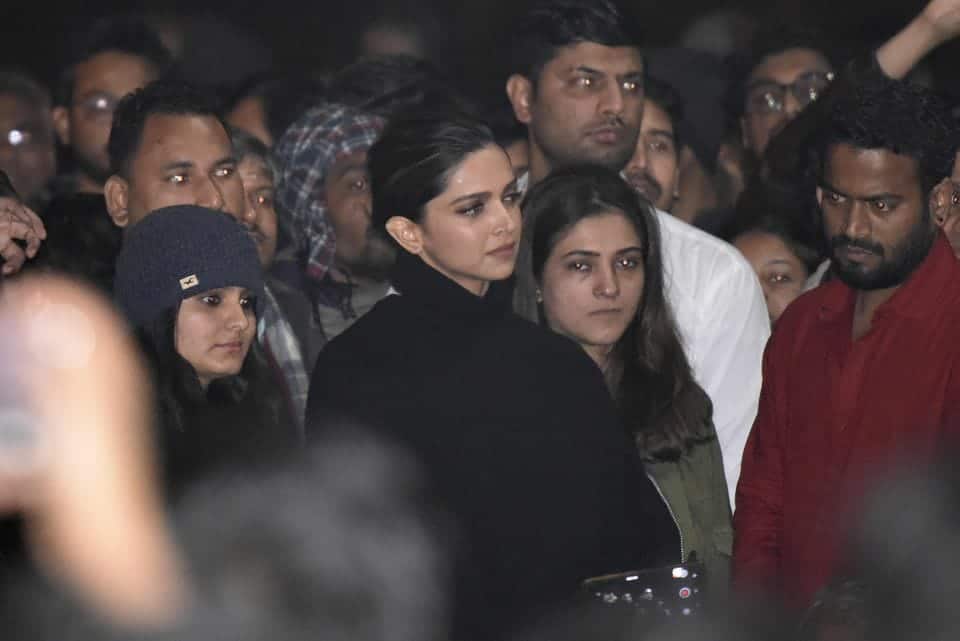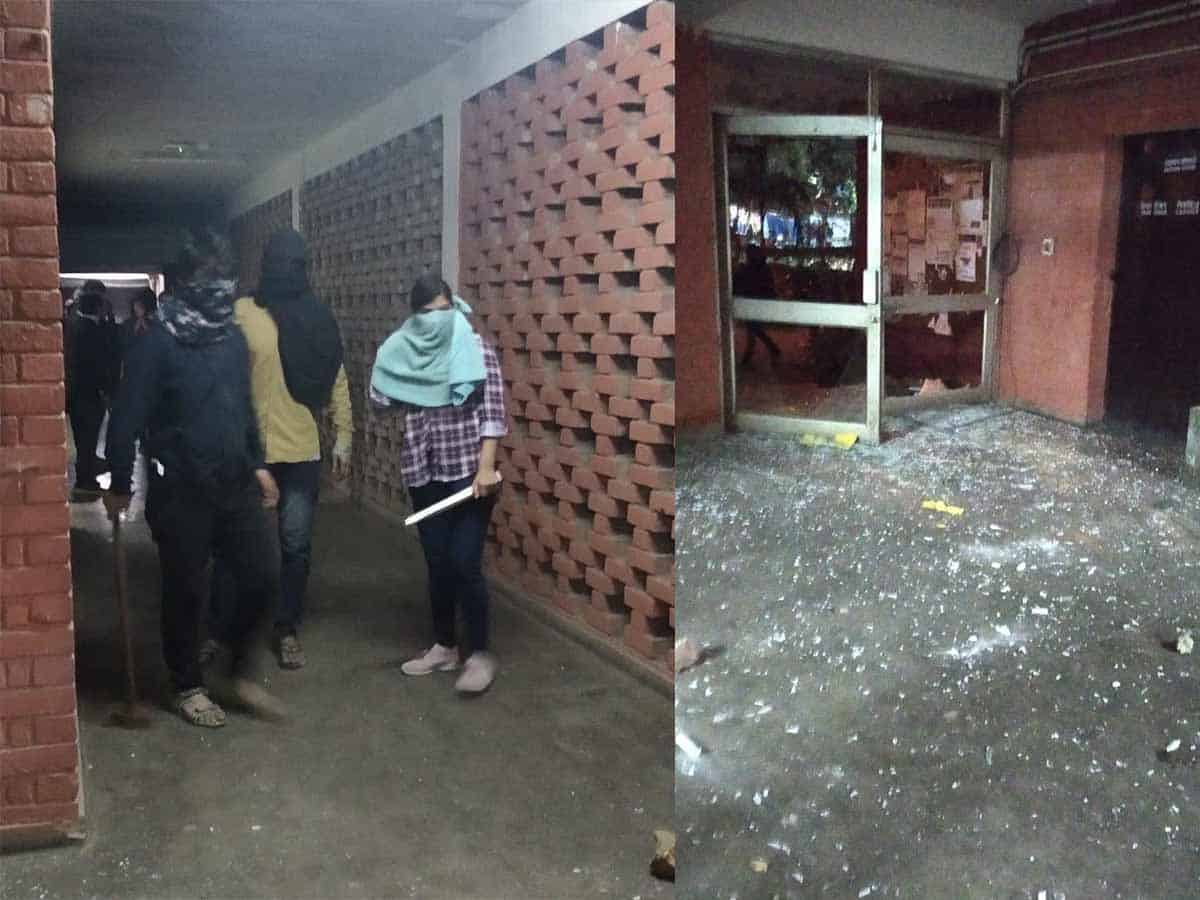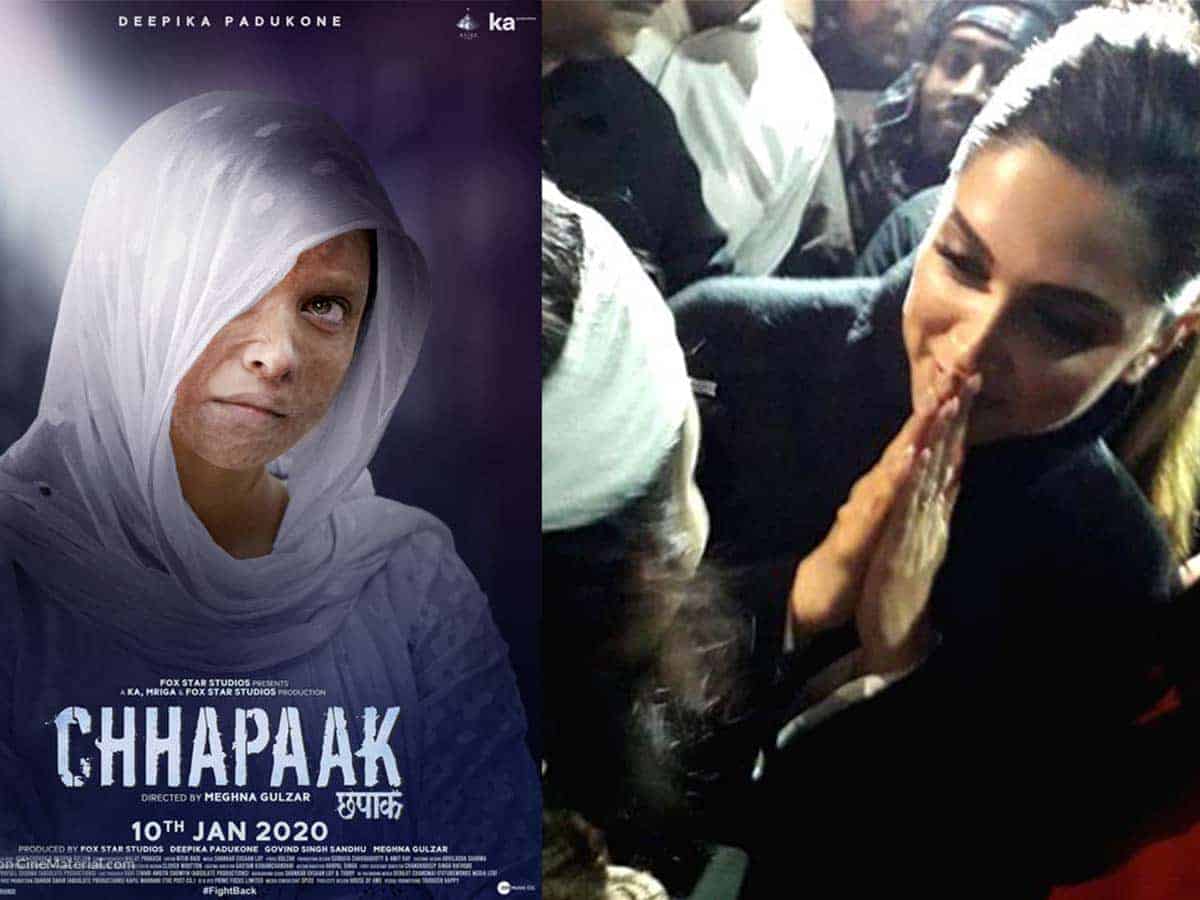Mohammed Wajihuddin
Once upon a time, I was a film buff. I would see all sorts of films–good, bad, ugly. Sometimes I would see three films in a day, one after the other. When books bored and classes appeared claustrophobic, films gave much-needed relief.
But this piece is not about my long-dead passion for the films. It is about why I will see a film in months.
Now in our family, Deepika Padukone is among the favourites. The kids never miss her movie. Even if I am reluctant to watch a film she is in, the kids drag me to it. Chennai Express, to me, was a hopeless movie. Yet the kids insisted on seeing it in a theatre. Now a very good friend owns a multiplex not very far from my house. Once offering me to see films, he said: “Come whenever you want to watch a movie.” I remembered and mentioned a Hindi proverb: Ghoda ghaas se dosti karega to khayega kay? To which my friend said:” Agar ghode ke paas khane ko bahut ghaas ho to kitna khilaoge.” I thanked him for his gesture. I am not a freeloader. I pay for my tickets to see the movies.
And I will buy tickets for Chhapaak too. Apart from the role of an acid attack survivor Deepika has essayed, she has endeared herself to the democrats, Constitution-loving Indians everywhere. And how?
Her act of standing with students of Jawaharlal Nehru University(JNU) at a time when they need it desperately has made a strong statement. It has sent a powerful message.
Many have pilloried Padukone for showing up at JNU to, according to them, promote Chhapaak. But, in their blind bhakti, they miss the larger picture. It is not important that a superstar visited JNU. It is important when she visited it.

Battered after the masked goons stormed its hostels, beating boys and girls mercilessly, JNU needed a salve. It deserved to be comforted and consoled. In black tortoise neck, she stood and held JNUSU president Aishi Ghosh’s hands. Her head bandaged after multiple stitches and a hand in a plaster cast, Ghosh warmly acknowledged Deepika’s words of encouragement. Well, unlike Kanhaiya Kumar who thrashed the forces of anarchy which were unleashed on JNU with the fury of fascists that Sunday evening, Deepika didn’t give a speech. But her mere presence said a lot if she needed to say something.

An act of true courage is tested in adversity. And Deepika proved that she is not just a beautiful human being, a charming young woman; she also has the courage of conviction. She has a heart of gold. When most superstars, including the Khans and my hero Amitabh Bachchan, have chosen silence, Deepika showed she wanted to make a statement. Even if she stood there, in the biting cold Delhi night, without saying much, her silence looked eloquent.
I wonder what stops the superstars from speaking up at a time when thousands and thousands of ordinary citizens are hitting the streets opposing Citizenship Amendment Law (CAA) and proposed NRC? What stops them to protest when an article of faith, secularism, is under assault.Is it fear of the regime which might initiate investigations into their wealth? Does the possible hounding by tax officials give them shivers down their spine? Is it the fear of being attacked by the troll army?
Deepika is not a fool not to have weighed down the possible backlash she might face just by standing with the “tukde tukde” gang. Her respect in the eyes of law-abiding citizens has gone up. She is already darling of the oppressed and suppressed.

Did I mention tukde tukde gang above? Whoever coined this term must be genius. As Kanhaiya Kumar, that Sardar of tukde tukde gang, has said it repeatedly, nothing has come out of the case that was slapped on him and his other friends for allegedly raising anti-national slogans at JNU a few years ago. I have heard the revolutionary, powerful azaadi slogans popularized by Kanhaiya and his ilk. Now, these days these azaadi slogans are being heard not just in India but at anti-CAA protests abroad too. Hands raised, tearing the air fiercely, the protestors seek azaadi from many a malaise that bedevil India–ignorance, poverty, communalism and the creeping fascism. They love India as much you and I do.
I have seen many people question why do the students agitate when their first task should be to study, pass exams and get jobs. No, revolutionaries don’t seek cozy jobs and cushioned life. Conscientious minds get edgy when they see fellow citizens being harassed, mob lynched, demonized and targeted. Clean souls cry and weep with humans suffering agony. And they protest against imposed restrictions to their freedom.
We reached here, a situation when masked goons can attack students on campus with impunity, not in a day. It is the culmination of a sustained, ceaseless demonization of a campus known for debates and dialogues. Every time a leader or a news channel paints JNU in an “unpatriotic” colour, you give another reason to the goons to seethe with anger and nurse antipathy towards the campus and a set of students who don’t conform to their ideology.
Deepika doesn’t see JNU from that jaundiced eyes. For her educational institutions are sacred spaces that must be protected. These are places where ideas are differed with, opinions dissented and issues debated.
Passionately but peacefully. She is among those millions who believe that even if we never studied at JNU, it must be preserved for the next generation. If we can’t give another world-class institution to our students, we have no right to destroy the one we already have. It is perhaps with this spirit that Deepika visited JNU. We need more Deepika’s. She must be helped in whichever way we can. And the best way to help an actor when her film is running on screens is to buy tickets and watch it. I too am going to watch this film. Are you?
Mohammed Wajihuddin, a seanior journalist, is associated with The Times of India, Mumbai. This piece has been picked up from NRI Group.

